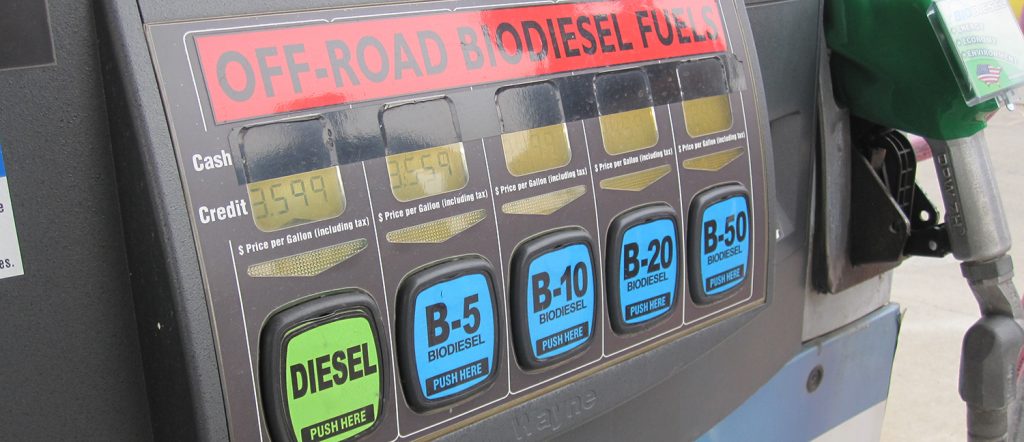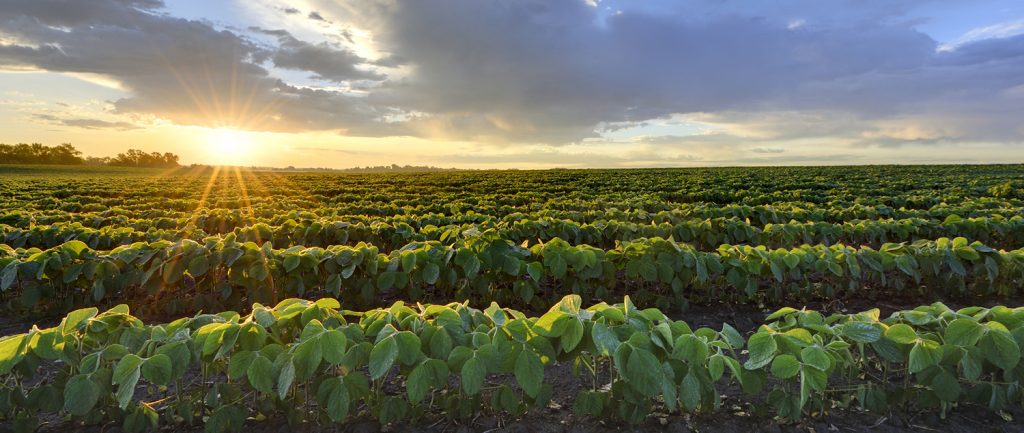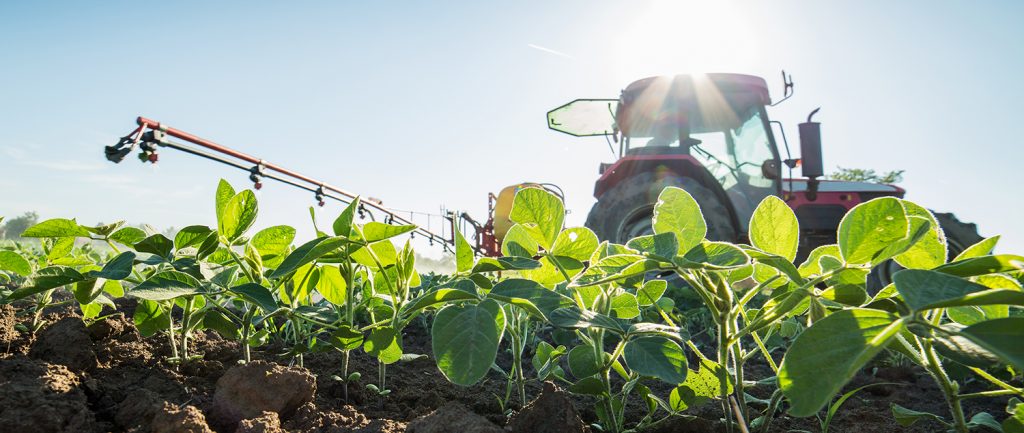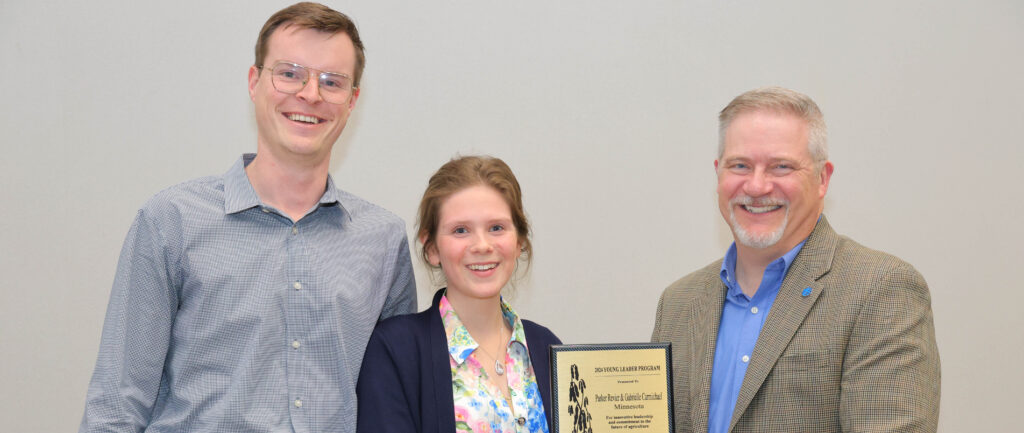The Minnesota Soybean Growers Association (MSGA) is extremely disgusted with Gov. Mark Dayton once again snubbing rural Minnesota and the agriculture community by vetoing the Omnibus Agriculture Policy Bill.
“We feel that we’ve compromised, but the governor’s administration is unwilling to compromise with us,” says Minnesota Soybean Growers CEO Tom Slunecka. “We fail to see a good reason to veto this bill.”
MSGA President Michael Petefish says Gov. Dayton’s veto makes it clear he is focused solely on his agenda and not the well-being of Minnesota by thumbing his nose at bipartisan legislation.
“Minnesotans have been asking our elected officials to work together for a better Minnesota,” Petefish says. “We finally had both parties working hard to come up with a bill that had bipartisan support and would have benefited family farms, and with one quick signature, Gov. Dayton erased that bipartisan support, ensuring we all lose.”
At the close of the 2018 legislative session, the governor indicated he would veto the bill because of a provision in the supplemental budget bill that reverts authority for soil losses back to the county level, not to the Board of Soil and Water Resources (BWSR). The provision that gave BWSR authority was included in the 11th hour of the buffer legislation in 2015.
The Omnibus Agriculture Policy Bill shared unanimous support among commodity groups.
“MSGA is advocating the soil loss ordinance be a local control issue, which is supported by all the major ag groups and counties in Minnesota,” Petefish says. “Ultimately, we are confused as to why the administration would want to veto an entire Ag Policy Bill because of one provision that everyone can agree on besides BWSR.”
The Omnibus Agriculture Policy Bill would have:
- Adjusted the minimum eligibility threshold for the Bioincentive Program
- Updated regulations to help establish and grow value-added aquaculture production
- Expanding eligibility to drainage authorities for low-cost financing to implement drainage system improvements through the Agriculture Best Management Practice loan program
- Improved access to the Beginning Farmer Tax Credit program by clarifying eligibility requirements





